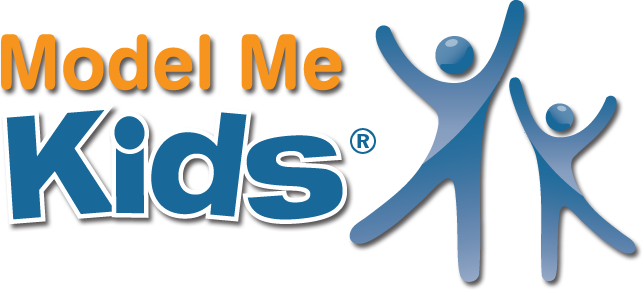The Benefits of a Data Tracker in Social Skills for Learners with Autism
When teaching social skills, whether to individuals with Autism, ADHD, or other social communication challenges, data tracking is a powerful tool. A data tracker provides insights into progress, helps decisions around modifying interventions, and ensures that teaching methods are effective. A data tracker, whatever method it may be, is paramount because otherwise it’s easy to rely on assumptions rather than objective data. Here are just a few reasons why a data tracker is essential when teaching social skills to learners with Autism, ADHD, and special needs.
1. Measuring Progress with a Data Tracker for Autism
Social skills development isn’t always linear. Some individuals may show rapid improvement in one area while struggling in another. Tracking data allows educators, therapists, and parents to see exactly how a learner is progressing. For example, if a child is working on initiating conversations, recording each attempt and its outcome can help determine if they are making consistent gains or if they need additional support.
Data tracking also highlights patterns over time. A learner may struggle with eye contact in large groups but excel in one-on-one settings. Without data, these nuances might go unnoticed, leading to ineffective interventions.
2. Tailoring Interventions to Individual Needs
Not every strategy works for every learner. Some individuals respond well to video modeling, while others benefit from role-playing. By tracking data, educators can see which strategies yield the best results and adjust their approach accordingly.
For example, if data shows that a student improves their turn-taking skills after watching a video model but struggles when given verbal instructions, the intervention can be adjusted to include more video-based learning. This ensures that teaching methods align with the student’s learning style, making progress more efficient.
3. Objective Decision-Making
Teaching social skills often involves subjective elements, such as interpreting facial expressions or understanding emotions. However, data tracking adds objectivity to the process. Instead of relying on anecdotal observations, educators can use measurable data points, such as the frequency of appropriate social interactions, response times, or the number of successful peer exchanges.
This objective data helps eliminate biases. For instance, a teacher might feel that a student is struggling simply because of a few difficult days. But if the data shows an overall improvement trend, it reassures educators that the intervention is working. Conversely, if progress stalls, data provides clear evidence that a new approach may be needed.
4. Enhancing Motivation and Accountability
Data tracking isn’t just for educators—it can also be motivating for learners. When learners see their progress in a visual format, such as a printable download, they may feel encouraged to keep practicing their social skills.
Additionally, tracking data holds everyone accountable. Parents, teachers, and therapists can review progress together, ensuring that support is consistent across different environments. If a child is making great strides at home but struggling at school, the data can help identify possible reasons and solutions.
5. Supporting Communication Between Stakeholders
When multiple people are involved in teaching social skills—teachers, therapists, parents, and caregivers—clear communication is important. Data tracking provides a common language that everyone can refer to when discussing progress and challenges.
For example, if a therapist notes improvement in a child’s ability to ask for help but the teacher sees little change in the classroom, the data can guide discussions on how to generalize the skill across different settings.
Conclusion
It’s both important and complex to teach social skills. Data tracking plays a key role in ensuring success in outcomes. By objectively measuring progress, educators can then tailor individually interventions that lead to growth. Whether using simple checklists, digital tracking apps, data tracking software, or more detailed progress charts, it’s vital to implement a data-driven approach in students with Autism, ADHD, and special needs.
Model Me Kids, LLC
Videos for Modeling Social Skills


